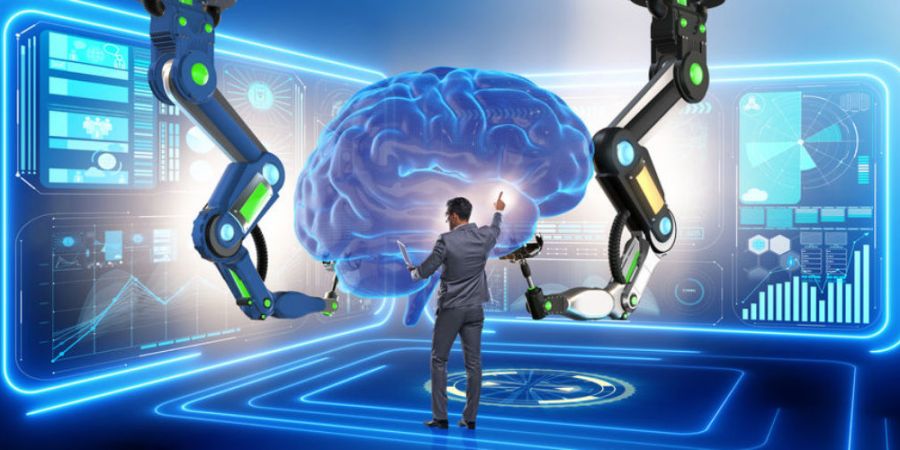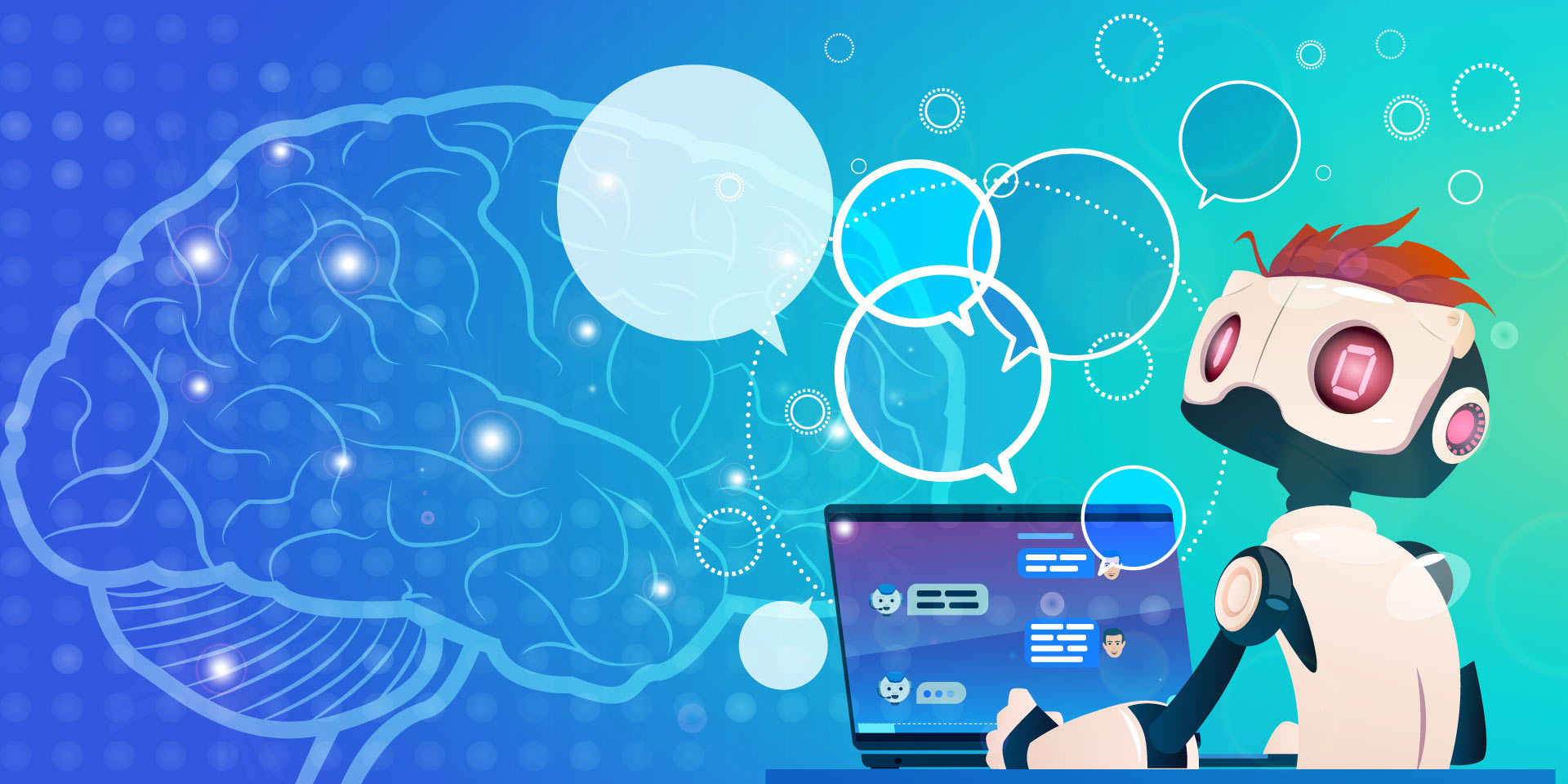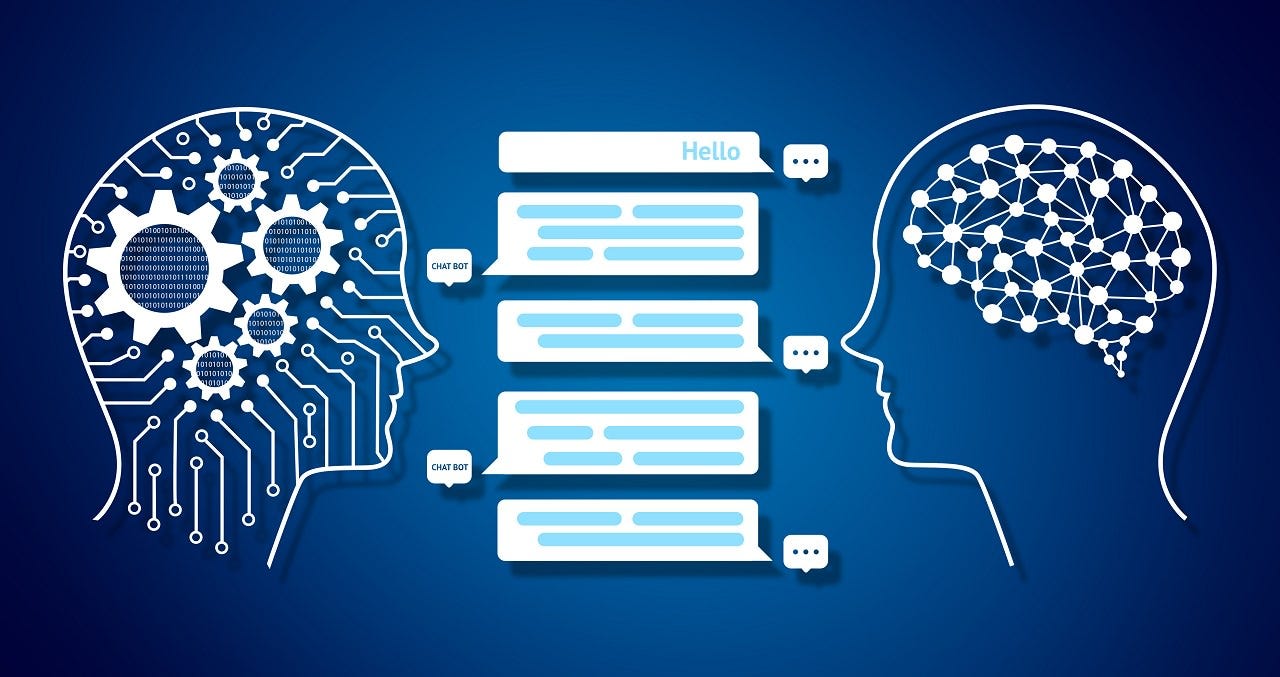

“Some are good, some are helpful, and some are a waste of time and money,” she says. Six years ago, when her childhood trauma recurred, Berkowitz, in her 50s from Maine, used a chatbot with her therapist capabilities instead of connecting with a real person via artificial intelligence. Mental Health Downloaded her app Younger.
Once or twice a week, Berkowitz uses her Younger chatbot to keep a guided diary. The bot asks her to identify and change her negative thought patterns in writing down her thoughts. The app, she says, made her rethink what was causing her anxiety. "It's always available," she says. Once triggered, she won't have to wait a week for her treatment appointment.

Unlike living, breathing therapists, AI therapists can lend their robotic ears at any time of the day or night. It's cheap, if not free. Cost is an important factor as he is often one of the biggest barriers to access to help. Research also shows that some people are more comfortable expressing their feelings to insensitive bots than to people.
The most popular AI therapist has millions of users. However, their explosive popularity is matched by an apparent lack of resources. Worldwide, he has an average of 13 mental health professionals per 100,000 people, according to the World Health Organization. High-income countries have more than 40 times more mental health professionals than low-income countries.

And the massive terror and casualties unleashed by the pandemic have compounded the problem, further widening this gap. A paper published in The Lancet in November 2021 estimated that the pandemic caused an additional 53 million cases of depression and he 76 million anxiety disorders worldwide. In a world where mental health resources are scarce, therapy bots are increasingly filling the void.
Take Waisa for example. His AI chatbot with "emotional intelligence" was launched in 2016 and now has 3 million users. While part of London's public school system has made it available to teenagers, the UK's NHS is also conducting randomized controlled trials, which show that the app is a (very Long) waiting list to see if we can help millions of people. The problem faces health.The Singapore government licensed the app in 2020 to provide free support to its citizens during the pandemic. And in June 2022, Wysa received approval from the U.S. Food and Drug Administration (FDA) for a breakthrough device for the treatment of depression, anxiety, and chronic musculoskeletal pain to expedite product review and approval. I received the designation.
In a world where there aren't enough services to meet demand, they're probably a 'good enough' move, says Irina Singh, professor of neuroscience and society at the University of Oxford. It could be a new, accessible way to present information on how to deal with mental health issues that is already freely available on the Digital Psychiatry Division at Beth Israel Deaconess Medical Center in Massachusetts. Director John Taurus said: "And for some people, it probably won't."




